Email Us: [email protected]
Do Korean Face Masks Expire?
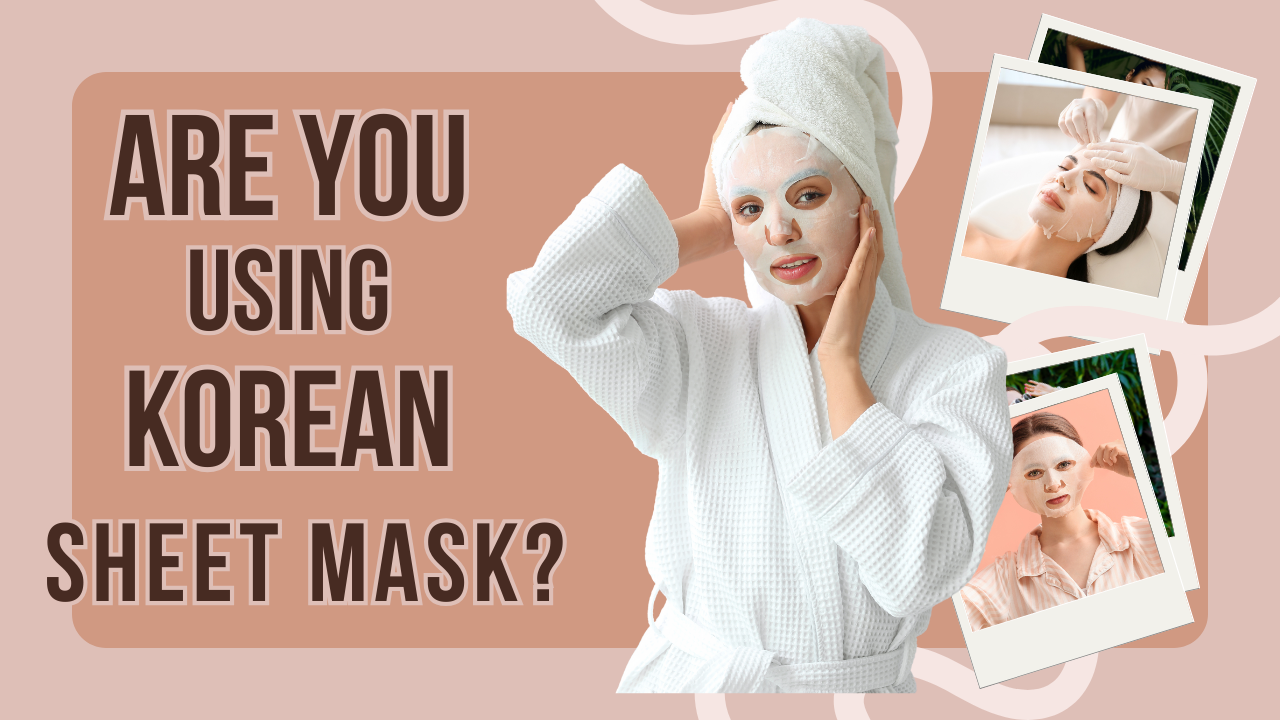
Korean face masks have become extremely popular in recent years for their ability to deeply cleanse, hydrate, and nourish the skin. However, one important question consumers have is Do Korean face masks expire and how to know if your mask has gone bad.
In this comprehensive guide, we’ll provide everything you need to know about the shelf life of Korean face masks, how to decipher expiration dates, signs of expired masks, proper storage techniques, common misconceptions, and tips for buying and using sheet masks effectively.
How Long Do Korean Face Masks Last?
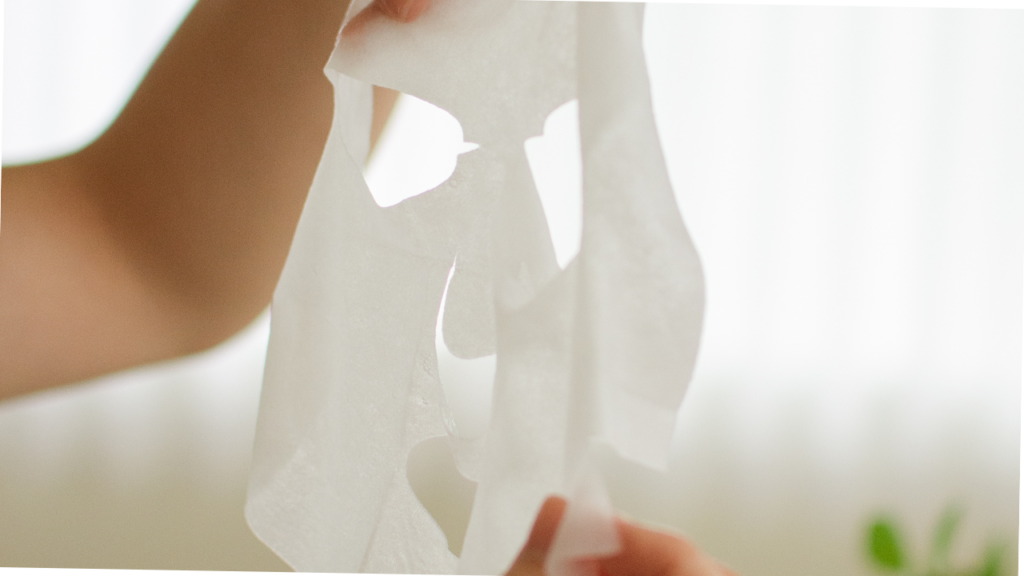
Korean sheet masks typically have a shelf life of 1-3 years when unopened and stored properly. However, the exact expiration timeline can vary based on the individual product, brand, and ingredients used in the formula.
For example, sheet masks containing Vitamin C may have a shorter shelf life, around 6-12 months since Vitamin C degrades when exposed to air and light. Masks with natural plant extracts or gentle ingredients often last longer.
Once opened, the expiration window shortens considerably. Oxidization begins as soon as the package is opened, so it’s best to use Korean sheet masks within a few days for optimal results. Leaving a mask open for weeks or months will reduce its effectiveness.
Here are some additional factors that can impact the shelf life of Korean sheet masks:
- Ingredient composition – Masks with more natural botanical ingredients tend to have shorter shelf lives. Synthetic ingredients are more stable.
- Packaging – Well-sealed, air-tight packaging helps block light and air to extend shelf life.
- Storage conditions – Heat, humidity, and sunlight degrade masks faster. Refrigeration extends shelf life.
- Manufacturing processes – More rigorous quality control and sterile facilities produce longer-lasting masks.
- Preservatives – Masks with more/stronger preservatives maintain freshness longer.
How to Read Expiration Dates on Korean Face Masks
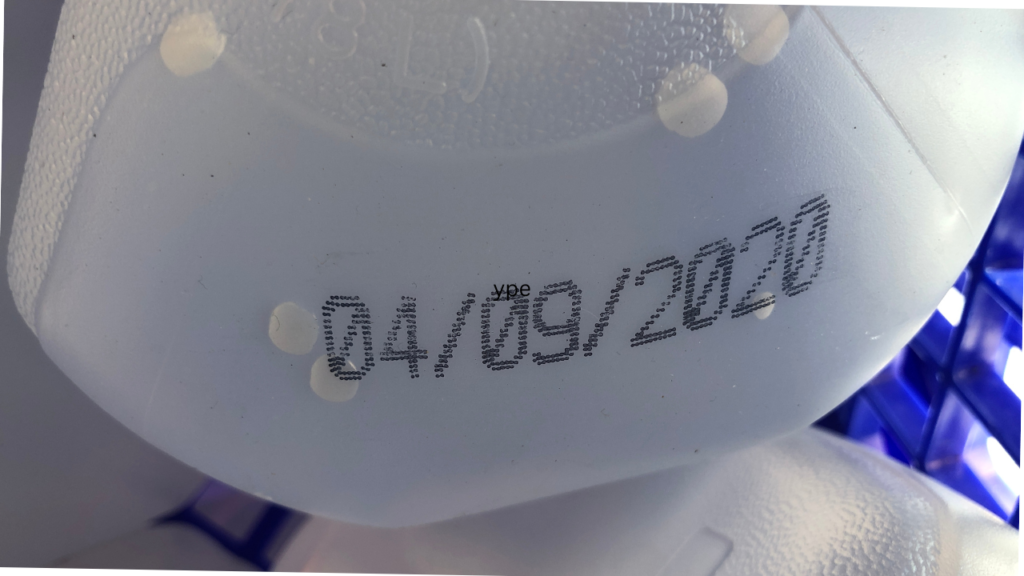
Checking the expiration date is important before purchasing and using a Korean face mask. But how do you decipher the expiry date on Korean skincare products?
- The expiration date is typically labelled as “EXP” or the Korean phrase “까지”.
- Dates are written in the YYYY/MM/DD format – year first, month, then day.
- The manufacturing date is also provided, usually with “MFG” or “제조 일자”.
For example, a mask with a manufacturing date of 2021/01/01 and an expiration date of 2023/12/31 would have been made on January 1, 2021, and should be used by December 31, 2023.
Some additional tips for reading expiration dates:
- Look for the earliest expiration date if there are multiple batches.
- Check if the expiration refers to a sealed or opened product.
- Note if expiration is for once frozen or refrigerated.
- Watch for shortened dates like YY/MM that don’t show the full year.
- Beware of illegible or missing expiration dates.
Closely inspecting the labelling and understanding Korean date formats is key to determining how long a specific mask will remain fresh and effective. Don’t just assume a multi-year shelf life.
Dangers of Using an Expired Face Masks
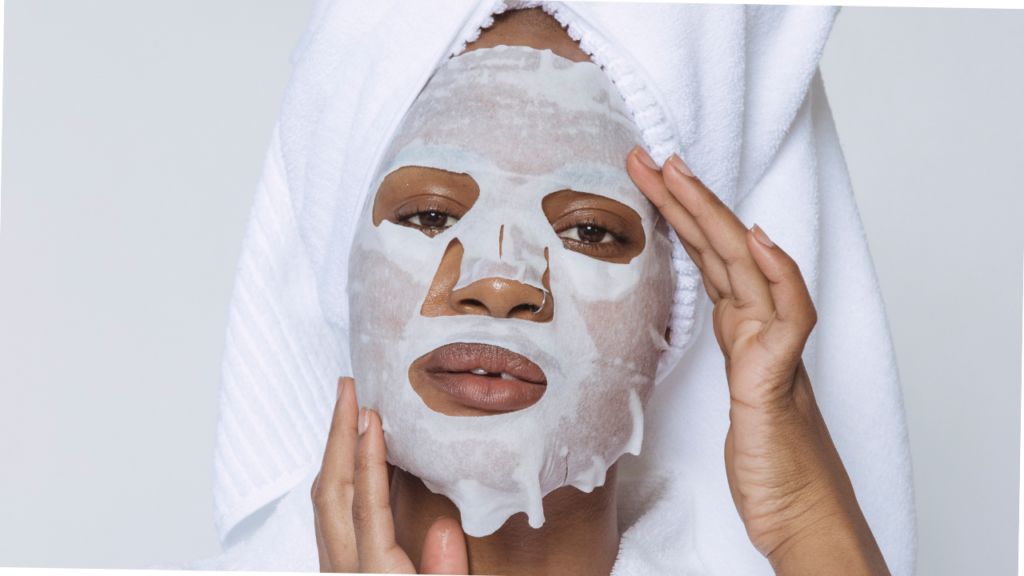
While an expired face mask may not necessarily be dangerous, using one that is past its prime carries some risks:
- Reduced effectiveness – Important active ingredients can degrade over time. An old mask won’t deliver the desired results.
- Skin irritation – Breakdown products as the ingredients expire can cause redness, itching, dry patches, and sensitivity.
- Bacterial growth – When sealed masks are contaminated, bacteria can grow, especially with natural formulas.
- Allergic reactions – Oxidized products may trigger new allergies not caused when fresh.
It’s not worth putting an expired face mask full of inactive or spoiled ingredients on your face. Toss it and use a fresh, non-expired mask for optimal skin renewal.
Here are some common signs a Korean face mask has expired:
- Discoloration of the serum or sheets
- Changes in texture – thickening, separating, drying out
- Unpleasant or rancid smell
- Tingling, burning, or itching when applied
- Acne breakouts or rashes after use
Please don’t take chances with masks past their prime. The risks outweigh the benefits.
Proper Storage to Extend Shelf Life
To get the full shelf life out of your Korean face masks, proper storage is key:
- Keep sealed masks in a cool, dry place away from direct sunlight and humidity. Refrigeration can also extend the shelf life.
- Once opened, use immediately. Store tightly sealed in the fridge to reserve serum and use within a few days.
- Don’t purchase masks far in advance or stock up on multiples of the same mask. Only open what you’ll use soon.
- Check for signs of expiration before applying, and discontinue use if any negative reaction occurs.
- Allow sheet masks to come to room temperature before applying if refrigerated. Cold masks can shock skin.
- Keep masks in their original packaging or transfer them to an air-tight container. Unprotected masks degrade faster.
Proper storage locks in freshness and prevents the growth of bacteria, mould, and other contaminants that can render masks ineffective or irritating. Follow the manufacturer’s instructions for optimal storage conditions tailored to the specific ingredients and properties of the mask.
Common Misconceptions About Expiration
There are some common misconceptions consumers have about face mask expiration:
- “The expiration date is just a guideline” – Expiration dates exist for safety and to preserve effectiveness. Use by the marked date.
- “As long as it was sealed, it’s fine. “ – Active ingredients still degrade over time in unopened products.
- “You can use a mask months after opening.” – Once air is exposed, the shelf life decreases to a few days.
- “If it looks okay, it’s still good” – Changes happen at a cellular level you can’t see. Don’t rely on appearance.
- “Refrigeration stops expiration” – Refrigeration only slows the expiration process. Masks still degrade over time.
- “Preservatives prevent expiration” – Preservatives extend shelf life but cannot stop the inevitable degradation of masks.
To enjoy the results and prevent skin issues, discard masks past their prime and stick to non-expired products only. Don’t take expiration dates lightly or make assumptions about extended usability. Trust the expiration date set by the manufacturer based on rigorous stability testing.
Alternatives If You Have an Expired Masks
If you discover an expired face mask in your stash, here are some alternatives to putting it on your face:
- Use on hands, feet, and body if the skin on those areas is less sensitive
- Repurpose as a hydrating sheet for dry elbows or knees
- Mix with body lotion to add hydration
- Use as a hair treatment** mask focused just on the ends
- Compost in the garden for added nutrients
- Practice face massage techniques using the serum
- Use the expired sheet as a decal for face painting or costume
- Safely discard and replace with a fresh mask
Get creative, but avoid directly applying degraded masks to your face. The risks outweigh any potential benefits.
Tips for Purchasing and Using Sheet Masks
Follow these tips for buying and using sheet masks effectively:
- Check expiration dates and choose masks with at least six months or more before expiry
- Look for dark, opaque packaging that protects from light
- Select masks with shorter ingredient lists for better stability
- Avoid purchasing masks far in advance of when you’ll use them
- Store unopened masks properly away from heat, light, humidity
- Refrigerate masks to prolong shelf life if used infrequently
- Use immediately after opening the packet for maximum effectiveness
- Follow usage instructions precisely, especially leave-on-time
- Discard immediately if you notice any negative reactions
- Never use a mask that has dried out, changed texture, colour, or smell
The Bottom Line
Korean sheet masks have a limited shelf life and expiration dates of around 1-3 years. Opt for non-expired masks stored properly for the best results and use them immediately after opening. Always check manufacturing and expiration dates before purchasing and applying masks. Discard expired products and replace them with fresh formulas for optimal skin treatment. These simple guidelines will help you avoid expired face masks and get the gorgeous, glowing skin you want.

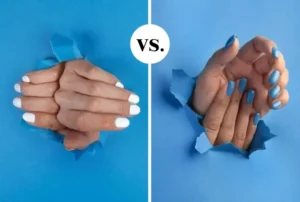
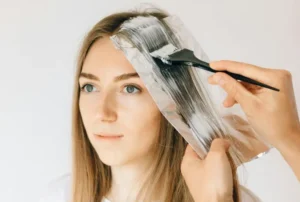
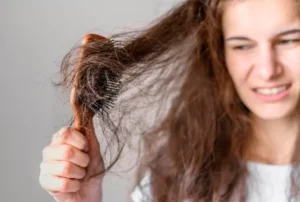
Thank you for your articles. They are very helpful to me. May I ask you a question?
Yes please
I enjoyed reading your piece and it provided me with a lot of value.
Thanks.
Great beat ! I would like to apprentice while you amend your web site, how could i subscribe for a blog site? The account helped me a acceptable deal. I had been a little bit acquainted of this your broadcast provided bright clear concept
Thanks.You can contact me here [email protected]